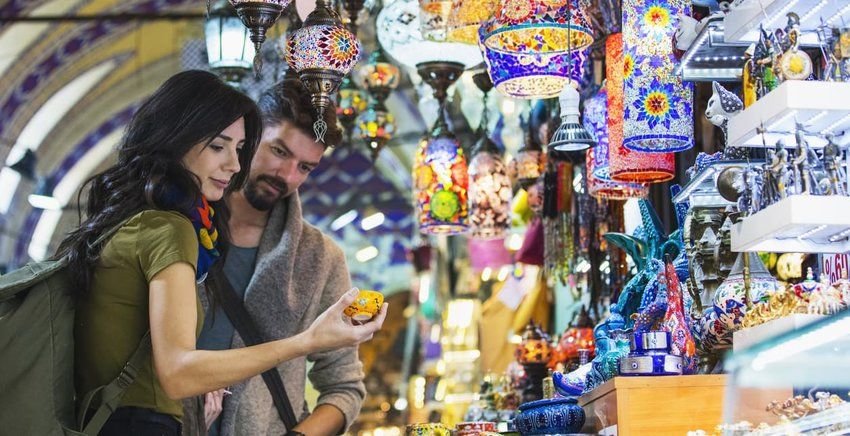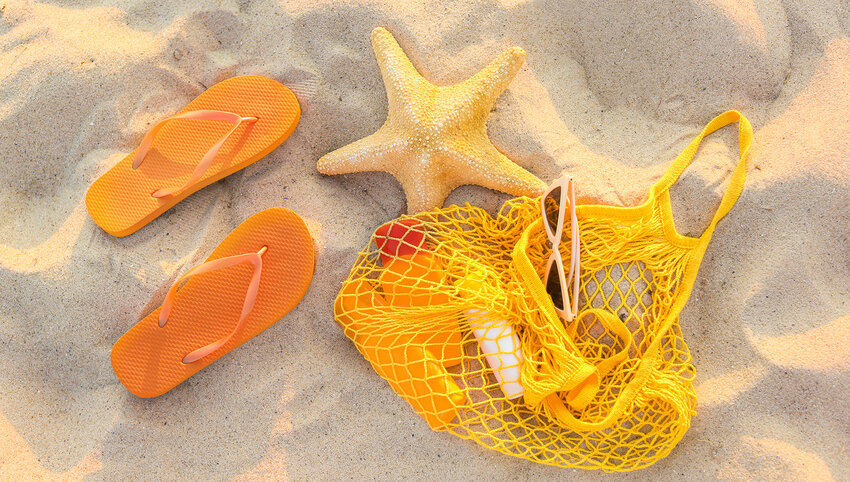Traveling to a new country offers new cultural experiences, fascinating sights to see, interesting food to try, and – of course – a new language to learn. Communicating with the locals in a foreign country can be the biggest challenge to overcome. Whether you’re just passing through or spending several weeks or months touring a new country, learning a few key phrases in the local tongue will make your life a whole lot easier. No matter where your next adventure takes you, these are the 5 most important phrases to learn before you travel.
"Hello and Goodbye"

Greetings are usually the first thing out of anyone’s mouth when seeing someone for the first time. Whether it’s the customs agent at the airport or the waiter in the restaurant, appropriate greetings are always nice to know when traveling to a new country. It also shows the person on the receiving end that you’ve done at least a little homework and care enough to address them in their native language. Greetings can vary, but the most common and easiest to learn is usually “hello.” You can mix it up and learn “good morning”, “good afternoon”, and “good evening” as well. Bidding farewell is also important. From the new friends you’ve made to the guesthouse manager - you’ll find yourself saying goodbye a lot. Learn “goodbye” or the other variation – “see you later” - is always popular!
"Please, Thank You, I’m sorry, Excuse me"
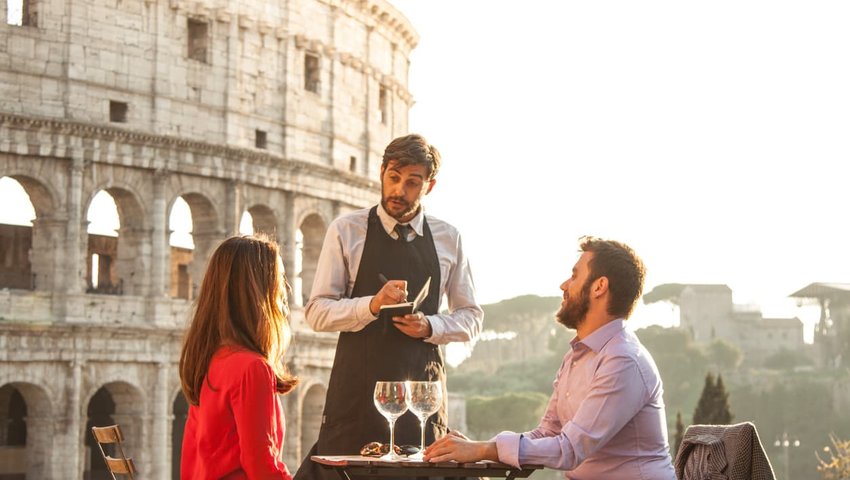
Don’t forget your manners when you travel! We lumped these four key phrases together because it’s always important to be polite and considerate when traveling. These four phrases are key and will get you far with the locals. First of all, saying please and thank you may seem trivial, but locals really appreciate the effort you make to be polite and acknowledge their assistance or service. Not all travelers take the time to learn the language when traveling to a new country, so when a local hears a “please” or “thanks” in their native tongue, they’ll be thrilled. It will only take you a few minutes to learn these two new words and it will definitely benefit you throughout your trip. No matter where you are in the world, appreciation, gratitude, and respect are internationally valued and accepted!
“I’m sorry” is also a key phrase to know. There will be a time when you accidentally bump someone, step on someone’s toe, or just get in the general way of another person. Apologizing in the local language will soften the reaction of any local. Lastly, “excuse me” is a great way to start when you’re about to ask for help, directions, or recommendations from a local. They’ll love your attention to manners and will be more willing to help you out.
"Do You Speak English?"
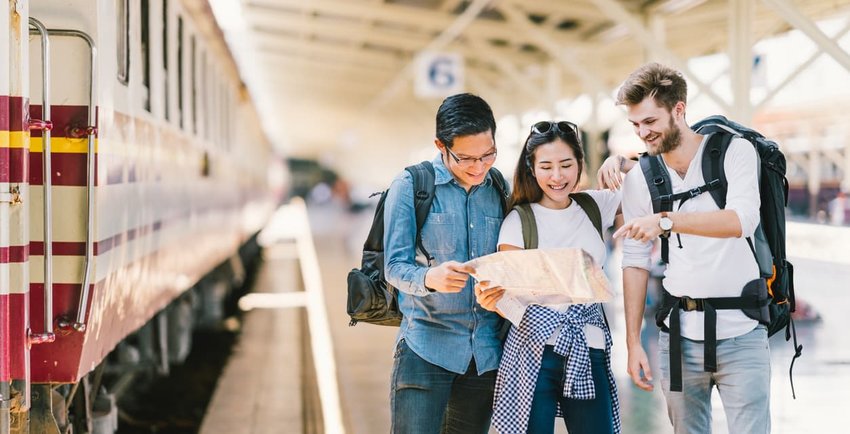
This is one great phrase to learn that can potentially save you a lot of time! English is one of the most widely-spoken languages in the world and considered the international language of travel and tourism. Many people learn English in school as a second language so it’s completely possible that locals in a foreign country will speak English (or at least know a few words). Before you launch into a complicated rendition of charades in order to get your point across, why not ask if the person you’re trying to communicate with knows English? This is going to make your life a lot easier! Even if they just know a few words, sometimes that’s all you need.
"How Much is This?"

You will inevitably pay for something during your travels. Whether it’s souvenir shopping, paying for a meal, settling a bar tab, or shelling out for lodging, money is going to change hands. It’s always a good idea to know how much you’re about to spend. If you don’t ask, you may get duped or overcharged. Not asking how much something is could send a signal to the other person that you’re not bothered about the price and/or have unlimited money to spend. Asking “how much” shows that you’re aware of your spending and will consider the price of the item or service before handing over any cash. It also avoids an uncomfortable situation if you discover that something is waaay out of your price range. Ask “how much” first, and then make your decision. You can always turn down the offer if you feel the cost is too extravagant.
Numbers 1-10
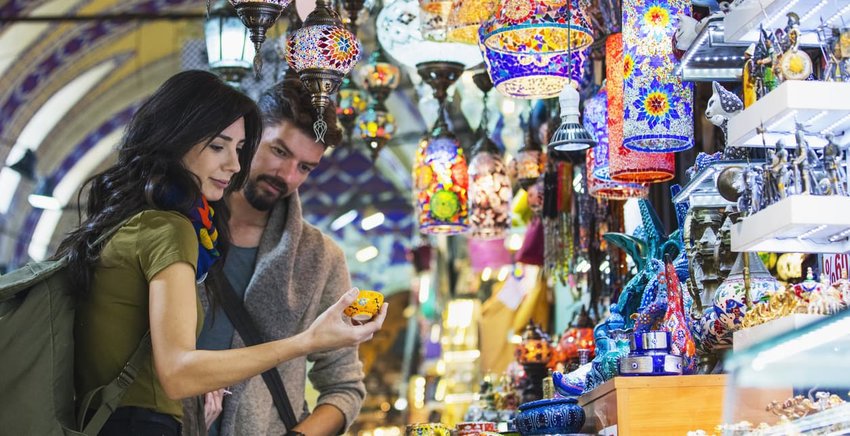
What good is asking how much something costs if you can’t understand the answer?! Learning the numbers – at least 1 through 10 – will help you when you’re out shopping, bargaining in a market, or giving the taxi driver your street address. If the number is higher than 10, just try combining the two single numbers to make the double number. For example, if your street address is 34, but you don’t know how to say “thirty-four”, just use the numbers “three, four” together. You’ll likely be understood. Do the same when you’re shopping. If you don’t understand the response, just estimate what you think the item is worth and combine the two single numbers to ask the seller if that’s the price. It’s not a perfect method, but having some knowledge of the numbers will make life easier.
Other Tips
These days, learning simple phrases in a new language is easier than ever. With smartphone apps like Duolingo to more comprehensive language courses like Rosetta Stone, you can quickly and easily pick up a few phrases before you travel. Try finding a Youtube video too with the basics of pronunciation.
In addition, be sure to research the particular region you're traveling to. Regional dialects may change wildly across a country. For example, while Spanish may be the primary language spoken in Spain, if you venture into the region of Catalonia you'll hear an entirely new dialect.

